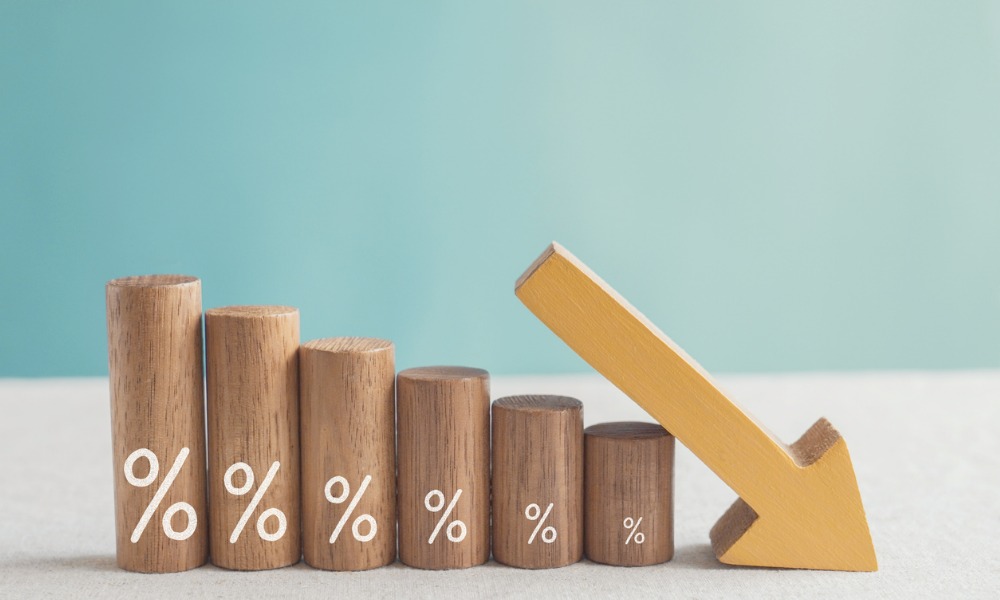Low rates and surging stock prices have been crucial ingredients for tax-efficient spending strategy

For many house-rich households, the ideal conditions of low interest rates and surging house prices were the final push they needed to borrow money through reverse mortgages and HELOCs. And as it turns out, wealthy individuals whose investment portfolios have swelled in value are making a similar play.
As reported in the Wall Street Journal, rich Americans have been capitalizing on rising stocks and rock-bottom interest rates by taking on cheap loans to fund their lifestyles while minimizing their tax bills.
The use of such portfolio-backed loans has risen to unprecedented levels among clients of several major U.S. banks. At Morgan Stanley, securities-based and other non-mortgage loans outstanding amount to US$68.1 billion, more than twice the level five years ago. At Bank of America, securities-based loans stand at US$62.4 billion, eclipsing what it has lent out through HELOCs.
As explained by the Journal, securities-based loans come with flexible repayment terms, comparatively less red tape, and low interest rates, plus they’re a good option for those who want cash without selling in a hot market; for startup founders, it’s a way to monetize their stakes without losing control of their companies. For their part, banks are fine with the low interest rates attached to those loans, since they are able to charge management fees on assets that clients would otherwise sell.
“You could buy a boat, you could go to Disney World, you could buy a company,” Tom Anderson, an advisor who consults with banks on how to manage the risks associated with these loans, told the Journal. “The tax benefits are stunning.”
The math works out for borrowers in the context of current U.S. law, which holds that income taxes don’t apply to investors and their heirs until their shares are sold. While assets may be subject to estate taxes, capital gains taxes are only levied on heirs when they sell, with the taxes being calculated based on gains that occurred since the prior owner’s death.
That could be changing. As the Journal noted, U.S. President Biden and congressional Democrats have slammed some of thosee rules, saying they offer yet another emergency exit for the richest Americans looking to escape the income tax system. Under a new tax plan Biden is championing, the top capital gains tax rates would rise from 23.8% to 43.4%, and even unrealized gains would be taxable at death after a US$1 million per-person exemption.
“The changes would make borrowing less attractive but wouldn’t remove all of the benefits of deferring taxes by taking loans against wealth,” the Journal said.



